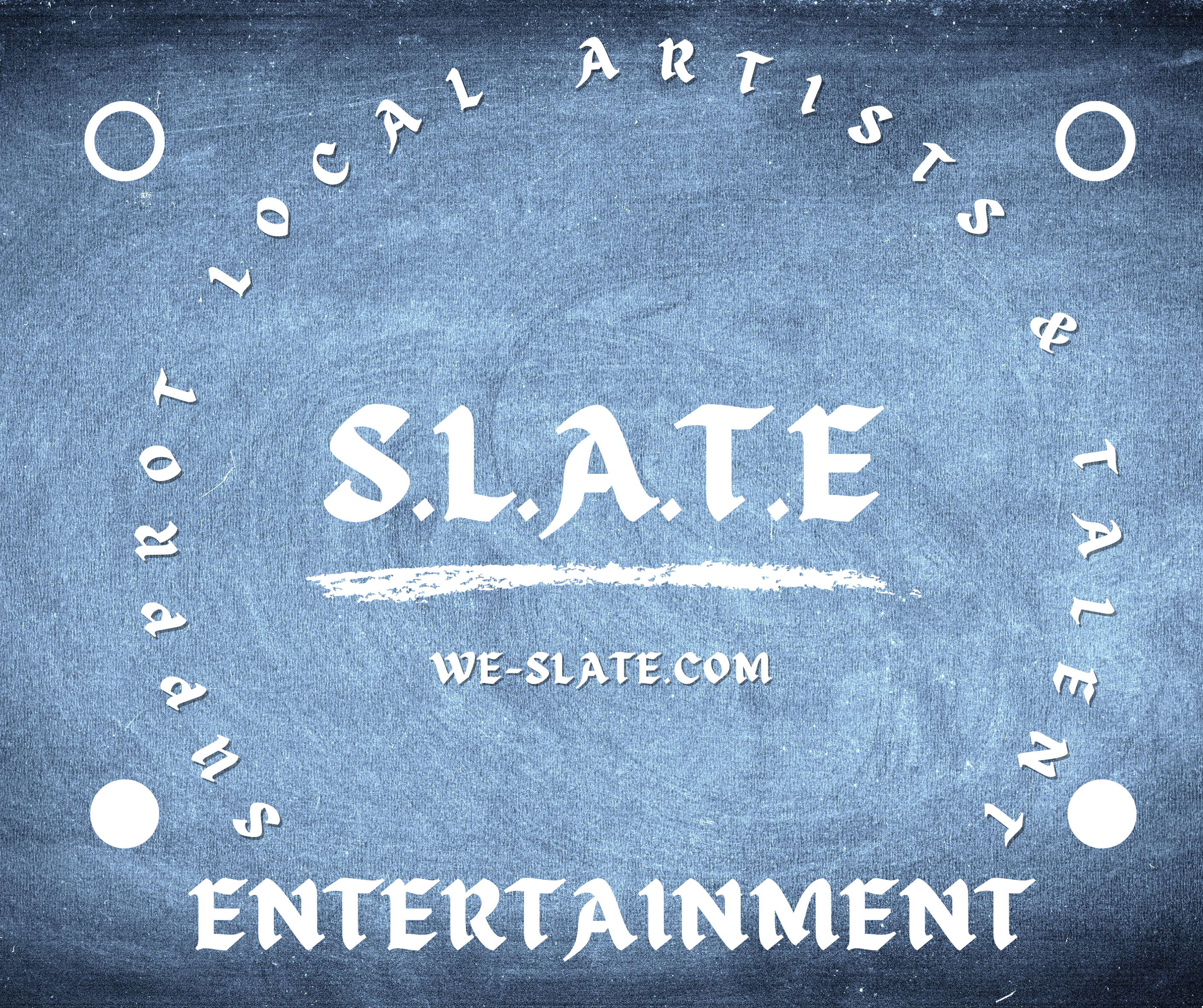

“There are certain filmmakers that I would describe as liberating influences. People whose work kind of allows you to shake off some of the rules that I think you get saddled with as you get going,” said Ari Aster. “And I don’t like prescriptive art. I like difficult work.”
In heartfelt comments at a round table devoted to Rebecaa Miller’s Mr. Scorsese, which premiered this weekend at the New York Film Festival, Aster praised the five-part documentary from Apple TV+. “As somebody who has made a couple films that were divisive. It’s helpful to remember, oh, right, The King of Comedy wasn’t well received. Like, what? The Age of Innocence was disappointing? And even New York, New York, to me is such a f-king exciting, playful, experimental, beautiful film. It’s so, so much more valuable than some perfect little trinket.”
The expansive doc that emerged from Miller’s exceedingly candid 20 hours of conversation with Scorsese lingered on all of his formative films, many incredibly well received from Taxi Driver and Mean Streets to Goodfellas, Raging Bull and more, but others less so.
Aster noted that his first two films (Hereditary and Midsommar) “were better received than my second two” (Beau is Afraid and Eddington). “And I think part of why that is because I kind of didn’t like the reception of the first two somehow. Now, I really don’t like the reception the second two. But I was watching this yesterday, and it was, like, really soothing to me.”
“So many of [Scorsese’s] films were like lightning bolts … especially the ones that were okay with alienating the audience,” Aster said. “It’s ‘what does the movie need?’ There’s nothing calculated about his films. And that’s the thing that was instructive to me growing up. It’s something I kind of go back to, to remind myself, like, yeah, that’s right.”
“It’s heartbreaking to release a film. It’s heartbreaking when it goes well, because it’s not yours anymore, and even the way people talk about it, it’s like you don’t recognize it. There’s something very alienating about it. It’s very lonely. And then there’s something really devastating when [the response] it’s not quite what you were hoping for.”
Scorsese had been a vocal supporter of Aster as he championed and mentored many young filmmakers, noted the NYFF panelists including Miller, Michael Imperioli and Margaret Boddie, executive director of The Film Foundation, the film preservation nonprofit Scorsese launched in 1990.
Miller said “the spine” of the documentary “is this conversation, which happened over a span of five years. Ultimately, we spoke for about 20 hours. So there would be these conversations that would last five hours. I remember once we literally lost the light, because I realized at a certain point that he was much better if everyone left the room. So I would let the crew leave, we would set up the cameras, and then they would leave, and it would really feel like we were alone. And as time would go on, we really did forget. I mean, in fact, the framing was crazy.
“We had to do a lot of adjustments, but it was worth it, because there was just something he decided, I think, to honor this thing that he decided to do with a certain kind of honesty and an openness and an unwillingness to kind of tread the ground that he’d already tread. He really wanted to till new earth, I guess, and, I think that was the that. So that was always the backbone. And then everything came from those conversations, like all my archival dives and all my searches.” Trailer here.
L-R NYFF programmer Maddie Whittle, Rebecca Miller, Ari Aster, Michael Imperioli, Margaret Bodde
Source link
Sister Wives Recap: Janelle and Meri Roast Kody Over His 'Type'
Janelle Brown had a meeting of the “ex-wives club” with Meri Brown on the latest episode of Sister Wives where they took jabs at ex-husband Kody Brown and his “type.” During the Sunday, October 5, episode of the TLC series, Janelle, 56, called Meri, 54, to discuss the selling of their Coyote Pass property, claiming Kody, 56, [...]| Play | Cover | Release Label |
Track Title Track Authors |
|---|

